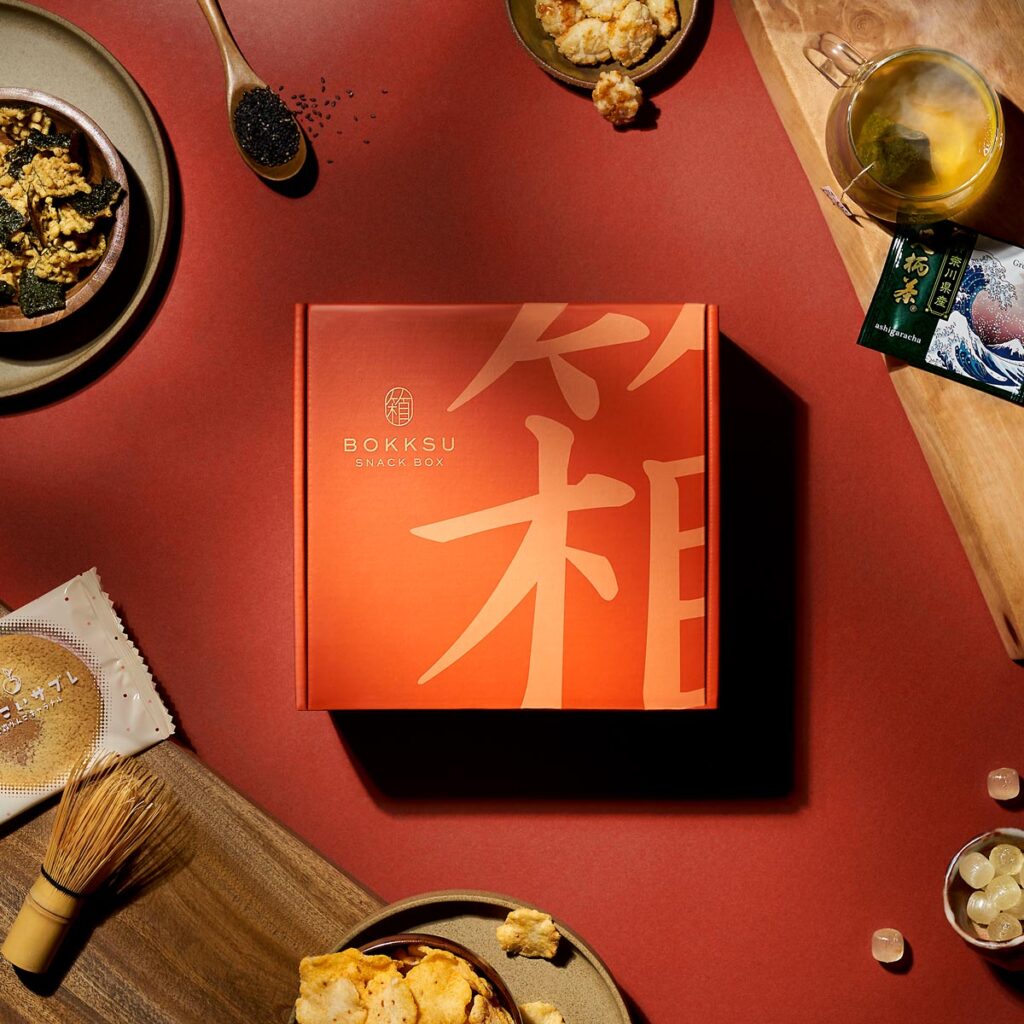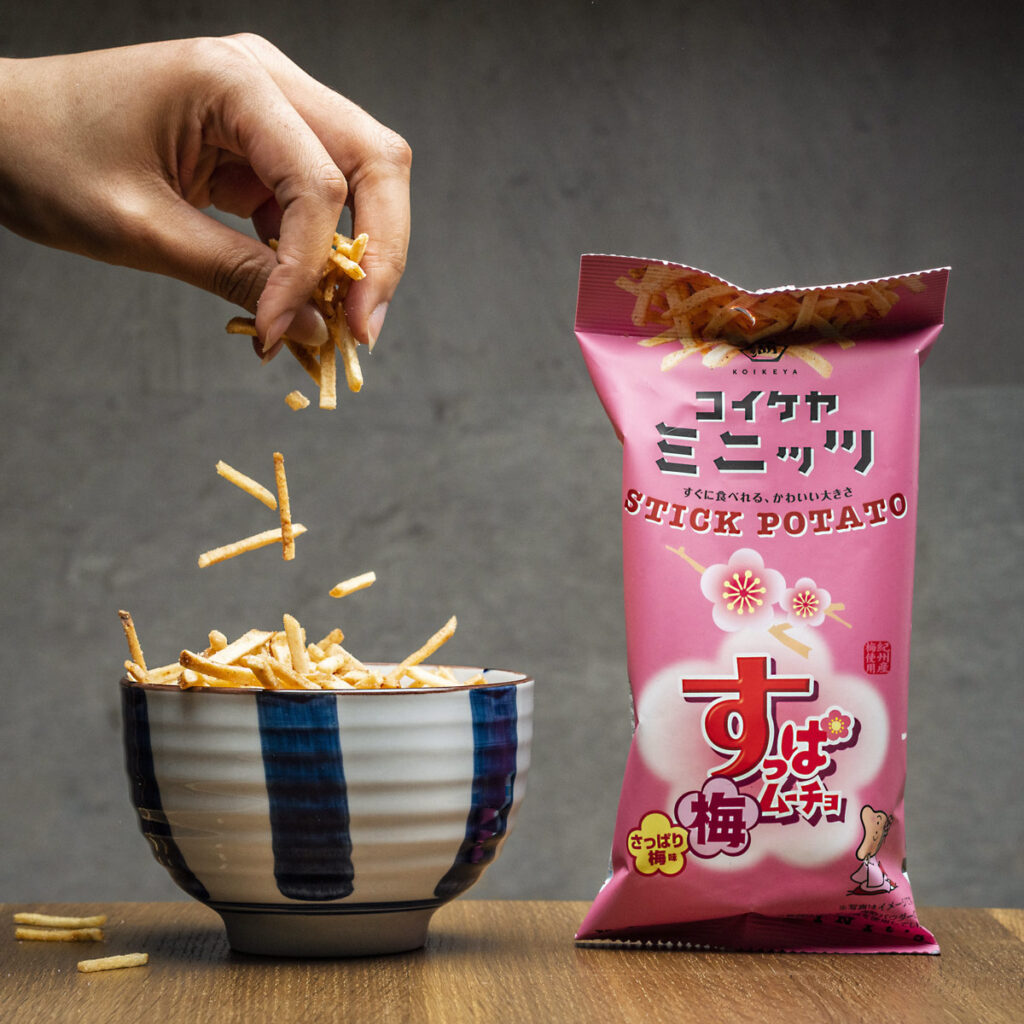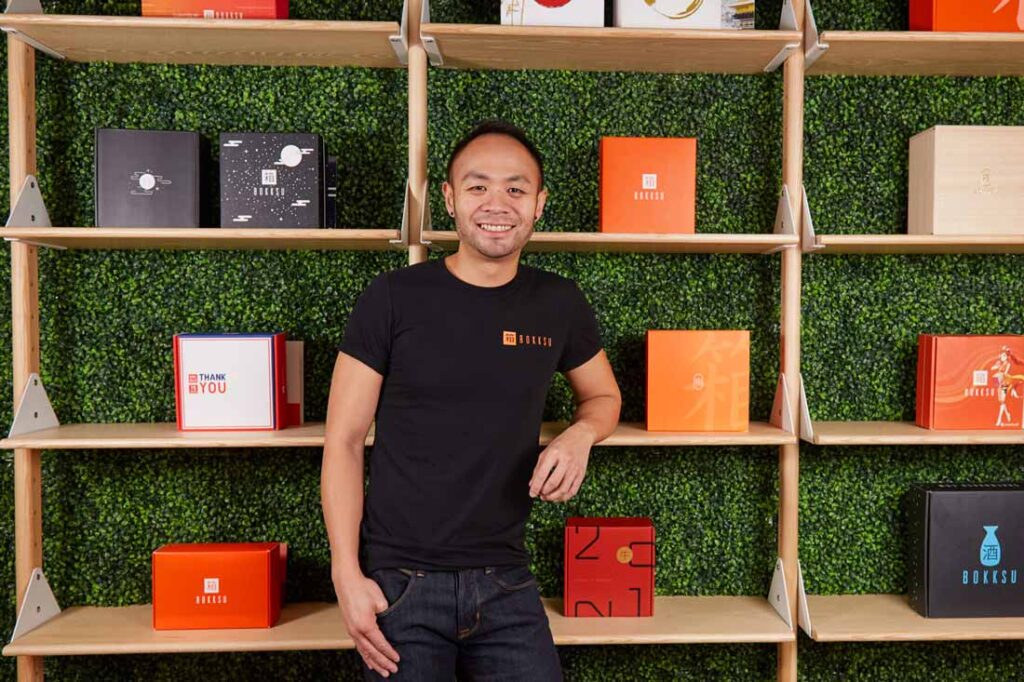Once upon a time, Danny Taing sat in his living room, stuffing subscription boxes with his mom.
If a drone flew over that room in 2015, you’d see bags of snacks scattered across tables and tumbling from three giant suitcases he brought back from Japan. You’d see simply designed postcards tucked inside each box alongside handwritten notes, which Taing meticulously wrote to thank the 20 subscribers he had. Yes, 20.
Those were the early days, when “bootstrapping” and “beta testing” were the words of the day. Now, the living rooms Taing shares with his husband in Shinjuku, Tokyo, and New York City are for sitting or being interviewed for stories at 1 a.m.—since many reporters call from the United States—just a few hours before he has to catch a flight for a business meeting.
Today, he has added new words to his lexicon, like “Series A” because he raised $22 million at a $100-million valuation; “growth” as he acquired subscription box company Japan Crate; and “Nasdaq,” which he opened earlier this year alongside the nonprofit Gold House, which champions Asian Pacific creators and companies.
The man who stuffed boxes by hand with his mom now has employees in a warehouse in Japan stuffing and shipping 20,000 to 30,000 boxes a month to customers in 100 countries for his company Bokksu.
Danny Taing’s success story
But how did he grow to become an entrepreneur success story eight years after his fourth—not first—startup idea that would become the foundation for his e-commerce empire?
The answer: appetite.
It was Taing’s love for Japanese snacks, and the important cultural traditions they carry, alongside his love for the country and its language (which he studied at Tokyo’s Waseda University) that cemented a future he could never have imagined.

As the son of Cambodian-Chinese refugees of the Khmer Rouge—who escaped to New York City in 1979—young Danny Taing watched his parents work tirelessly to build a life for their family in America. His father was a dishwasher and his mother was a seamstress before they opened their own retail store. Bootstrapping was already in his DNA, as was the blueprint to build something from scratch, though it would take him some time to fully realize this.
Taing never set out to become an entrepreneur. After graduating from Stanford with a bachelor’s degree in psychology and communications and a master’s in sociology, he worked in business development at Rakuten in Tokyo and in digital marketing at Google in Mountain View, California. The plan was to become a software engineer, but when his friend and fellow Stanford alum convinced him to drop out of the computer science program he was pursuing at Columbia University to co-found a project with him, he thought, “What’s the worst that can happen?”
Redefining the word “failure”
The products that have made many business owners successful would not be what they are without the many alterations, tweaks and, sometimes, failed attempts they endured first. But what does the word “fail” mean, really? It’s nothing more than trying and not having your efforts turn out the way you thought—or perhaps hoped—they would. This was what happened for Taing, who tried three different businesses before finding the right fit. First there was a consumer-to-consumer marketplace similar to Craigslist, then an online tutoring company, then a career coaching and interview prep platform.
“By that point, I was like a year into this whole startup idea journey,” Taing recalls. “We hadn’t even launched anything, and I was like, ‘Oh, my God, I need to actually make something work.’ And that’s when I came up with the idea of doing Bokksu because it has built-in retention because it’s a subscription box.”
When his friend didn’t want to join in the endeavor, Taing decided to launch on his own. He found that since he already had the experience of forming a company, he was able to go from concept to beta launch in two months.
He says he doesn’t consider anything he did prior to Bokksu a failure, as his experiences taught him more about what he actually wanted to be doing with his time and talents. “All of those ideas were learning experiences that built off each other that then built to me ultimately doing Bokksu,” he says.
But that certainly doesn’t mean building Bokksu was easy. Far from it.
The challenges of founding Bokksu
Because the world of shipping food-based subscription boxes was so new, Taing says there were nonstop challenges—the biggest one being, “How do I get these snacks?”

He had no supply chain, so he purchased premium, regionally made Japanese snacks from high-end department stores in Tokyo and brought them back in suitcases. At the time, Taing says there were around 20 players in the Japanese snack subscription box space, but what most people outside Japan knew about the country’s snacks consisted mostly of pop culture-oriented treats like Kit Kats, Pocky, sodas and candies.
“I was doing something very different from everybody else,” Taing says. “I was the first, and, at the time, only—for a long time—player getting into more of the authentic regional… snacks that I think Japan is much much better at and much more famous for inside Japan.”
Danny Taing sets himself apart from the competition
To understand how famous Japan is for snacks, and why what Bokksu offers is so different, Taing says it’s helpful to understand omiyage, a custom in Japanese culture of gifting a premium souvenir to others after returning from a trip.
“In America, I feel like souvenir is this idea of this keychain… you maybe gifted somebody or you get yourself,” he says. In Japan, “it’s very much like you get this gift box of 12 individually wrapped snacks from this region in Hokkaido you went to… then you bring it back, and then you share it with your family or you share it with your co-workers.”
Every snack has a story, he says, because they’re generally from a family business in a specific region of Japan that uses local ingredients and has some history attached to it.
At Bokksu, he tells the stories of those products and the people who make them, not in a simple postcard he made, but now in a 24-page magazine created by five staffers. And that staff, which has evolved from a party of one to 75, is just as important to his business operation as his mission. As a gay Asian founder, Taing is proud that 80% of his team identifies as BIPOC, female and/or LGBTQ+.
Bokksu’s secret? Its people
Focusing on people has made all the difference in Danny Taing’s business model, proving that even with competition in a crowded marketplace, you can still carve out a niche and uphold a mission that matters.
Because the families Bokksu works with have been producing the same snacks for generations, they take pride in what they’re doing and care about preserving their family legacy more than profit.
“I love that mission because, in my opinion, [it’s] a win-win for everybody,” Taing says. “The customers win because they get to taste quality, delicious snacks that not only taste good but have a story behind it… The vendors win because their family legacy can go on, and they can sustain their business in a way that is profitable…. And then, of course, for us… we get to also win because then we kind of bridge and… elevate everybody along the way and help bring the world a little bit closer.”
Photos courtesy of Bokksu.




